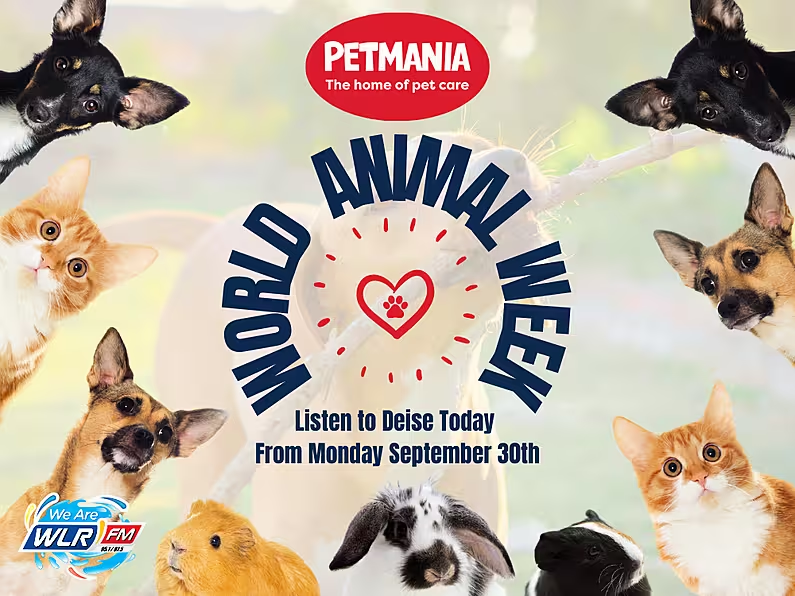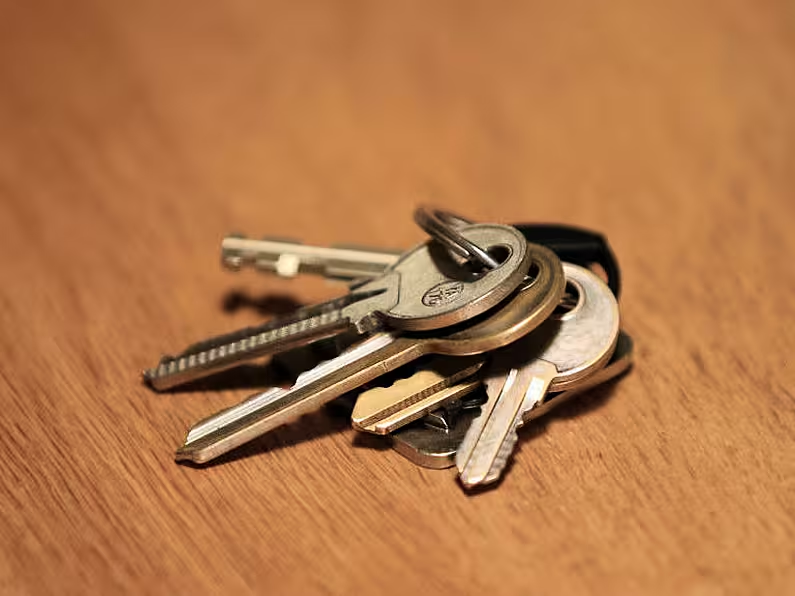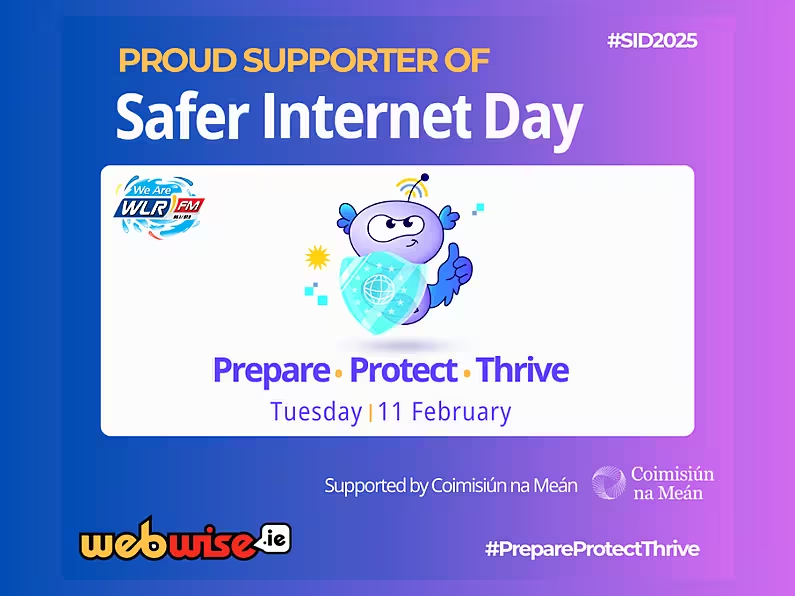We are kicking off World Animal Week with 5 Easy Tips for Choosing the Right Food for Your Cat or Dog.
For World Animal Week 2024 we have teamed up with Petmania Waterford all this week on Desie Today with giveaways and special features all week long.
Petmania Waterford has been the home of pet care in the South East since 2007. Open 7 days a week with a dedicated pet care team at Ivory Retail Park, Waterford City, we offer an extensive range of pet care services such as grooming, dog training, microchipping, free diet reviews and free weight checks for all pets.
Tips for Choosing the Right Food for Your Cat or Dog
1. Choose a Food That Suits Your Pet’s Age
The age of your pet is a vital factor when choosing her food. Under 1 year, your puppy or kitten will be growing rapidly and will needs lots of nutrients and support to help their development and growth.
As your pet reaches adulthood, her energy needs will reduce as her body won’t need as much now that she has stopped growing.
Again, once your pet starts to enter her senior years, her metabolism starts to slow, as will her activity level. She will also be more prone to ageing-related weight gain and other issues. At this stage in her life, your pet will need a diet that will support her ageing muscles and joints, as well as offering a lower calorie count.
Whatever the age of your pet, we recommend that you choose a food that has been specially developed for her lifestage.
2. Find a Pet Food that Matches Her Activity Level
An active pet will need significantly more energy (calories) than one that is less active. Your pet’s diet should take account of his daily activity and how much food he needs to sustain and support his active lifestyle.
An outdoor cat, for example, can require up to 40% more calories in his daily meal plan than an indoor cat! Choose a food that has been formulated to support the lifestyle of your pet. Most brands offer an option for more active pets, and our team are on hand in-store should you need help choosing the right food for your dog or cat.
3. Choose a Pet Food for Neutered / Spayed Pets
Neutering is recognised as a contributory factor in unwanted weight gain for both dogs and cats. If your pet has been spayed, she may need food that has been formulated to support her after surgery, as her body adjusts to the change. Choose a food that has been developed for neutered dogs or cats.
4. Identify Any Sensitivities Your Pet May Have
if your pet has sensitive skin or his tummy is easily upset, choosing a hypoallergenic or grain-free food may help. We carry a range of options for both dogs and cats that have specific dietary needs, and our team are on hand to help you navigate through the options should you need us.
5. Match Food to the Size and Breed of Your Pet
For both dogs and cats, breed and size will be critical factors in choosing their food. Larger dog breeds will need food which will support their long limbs and joints. While smaller breeds will need a smaller kibble and fewer calories. Most brands of dog food will have a “large breed” and a “small breed” option, while brands like Royal Canin offer a breed-specific diet range for both dogs and cats.














